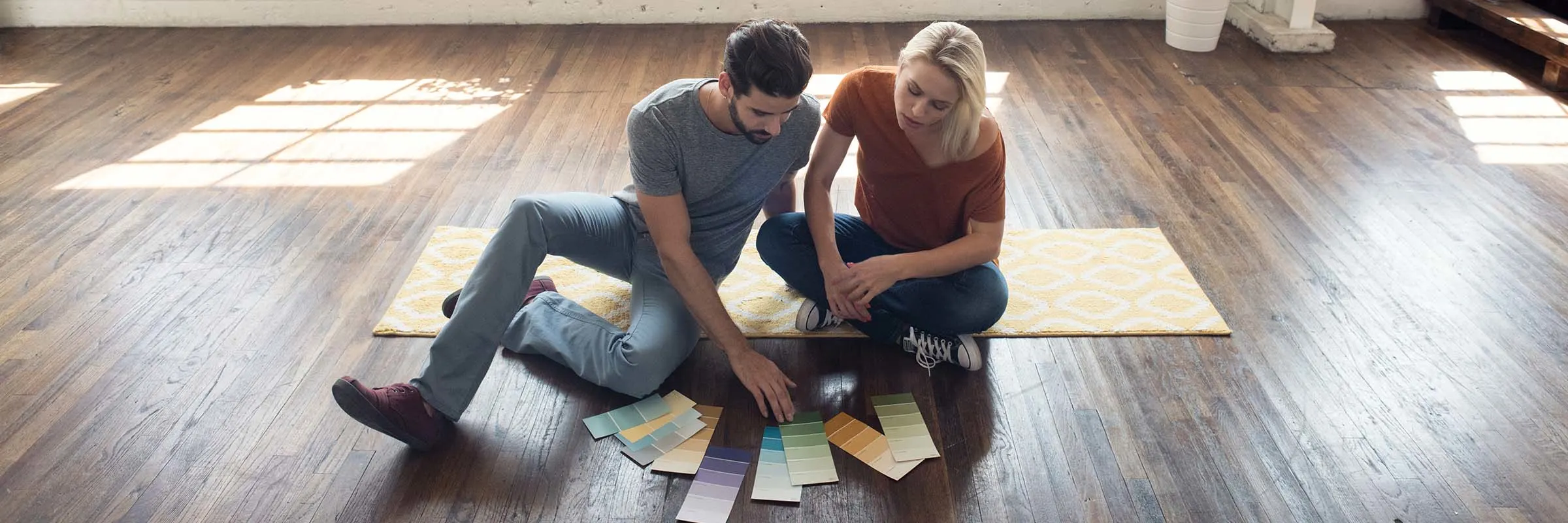Whether you're upgrading, downsizing or simply seeking a change, the process of buying another home requires careful financial planning to ensure that your new home aligns seamlessly with your long-term goals.
1. Assess your financial situation
Before you start browsing real estate listings, assess your financial position and budget for the cost of a new home purchase. Evaluate your existing financial commitments by calculating your monthly income, expenses and outstanding debts. This will give you a clear picture of how much you can afford to spend on your new home and whether you need to work on improving your financial health before diving into the real estate market. Ensure that the cost of the new home, including mortgage payments, property taxes and insurance aligns with your financial goals and won't strain your budget.
When buying a home, pre-approval is also an important step in understanding your financial readiness.
2. Create a realistic budget
Based on your financial assessment, create a realistic budget for your new home purchase. Start by determining the maximum amount you can comfortably allocate to housing costs. Consider not only the purchase price but also ongoing expenses like property taxes, homeowners' insurance, maintenance and utilities. Your budget should also account for a down payment, closing costs and potential unexpected expenses.
As you progress through the home-buying process, periodically revisit and adjust your budget as needed. It's not unusual for your financial circumstances or priorities to change. Sticking to a well-defined budget will help you avoid overextending yourself financially.
Read more: Which mortgage is right for you?
3. Save for a down payment
Saving for a substantial down payment is a smart financial move. A larger down payment can lead to lower monthly mortgage payments and potentially better interest rates. Set a specific down payment goal and create a dedicated savings account exclusively for your down payment funds. This account should be separate from your regular checking account to prevent you from spending money unintentionally.
You can organize the money in your Ally Bank Savings Account with the use of buckets. If you've ever used the envelope system to save money, think of buckets as a digital envelope system that allows you to create up to 30 savings buckets in one account. This makes savings for multiple goals such as a vacation, a new wardrobe or in your case, a down payment on your new home, that much easier.
4. Check and improve your credit score
Your credit score plays a significant role in determining your mortgage interest rate. Obtain a copy of your credit report and review it for errors. Work on improving your credit score by paying bills on time, reducing your credit card balances and avoid opening any new credit accounts.
While having a mix of credit types can be beneficial, opening new accounts just before applying for a mortgage can be viewed as a risk by lenders.
Read more: Use these strategies to build and improve your credit score
5. Calculate your debt-to-income ratio
Calculating your debt-to-income ratio (DTI) is important in the homebuying process for several reasons. It enables lenders to assess your ability to handle a mortgage, impacting your eligibility and loan terms. If your DTI is too high, you may not qualify for the home loan you'd like or you may end up with less favorable terms. You'll better understand how to manage your budget and avoid taking on too much debt in the process.
6. Compare mortgage offers
Even as a seasoned buyer it's crucial to explore different mortgage options and lenders. Mortgage terms and interest rates can vary widely and choosing the right mortgage can have a significant financial impact. Compare fixed-rate and adjustable-rate mortgages, as well as different loan terms to find the best fit for your financial situation.
The path to finding your next home is a journey of both financial wisdom and personal fulfillment. These financial steps not only empower you to navigate the market with confidence but also remind you that buying a home is more than a transaction; it's an investment in your future.



